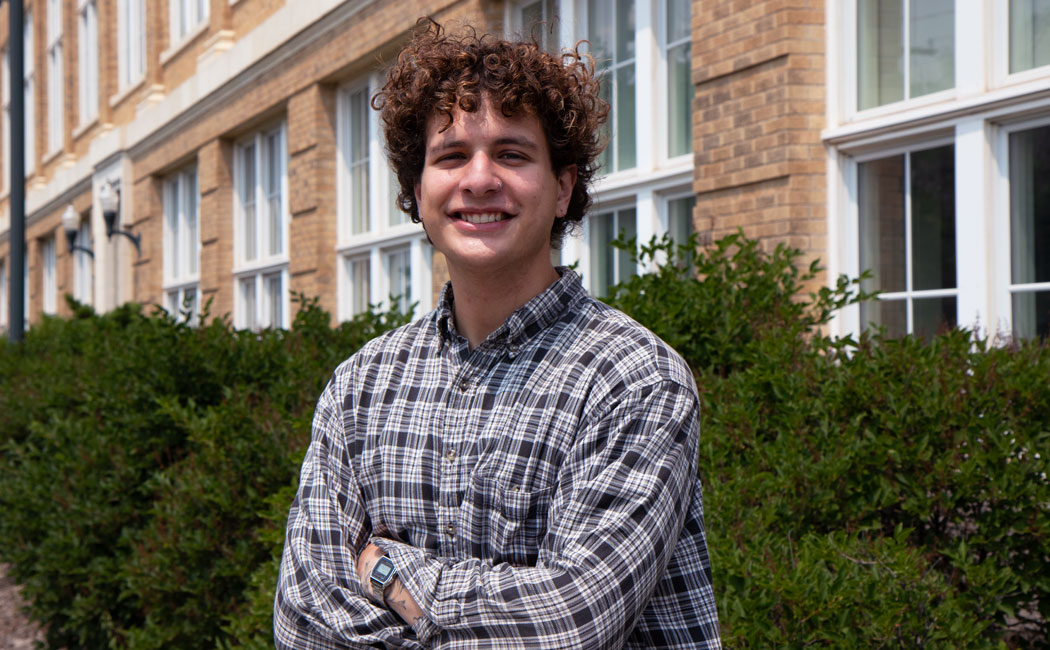
Because bullying often begins and ends at school, teachers are the front line of defense against such behavior.
However, teachers in one country may respond differently than their international counterparts.
Jared Noetzel, doctoral candidate in the school psychology program, is leading a dissertation study on culturally responsive teacher training to prevent bullying in schools.
With a grant from the Society for the Study of School Psychology and guidance from his faculty mentor, Susan Swearer, chairperson and Willa Cather Professor, Department of Educational Psychology, Noetzel aims to spark an international conversation to help reduce bullying.
Research shows bullying affects about one-third of adolescents globally, and has a major impact on well-being, health and quality of life. Because teachers interact daily with their students and have great power to directly reduce bullying, understanding what influences their response is crucial to improving teacher training and school climate.
How a teacher interprets survey items and their subsequent responses in one country likely will not be directly comparable to those teachers from another country. Cultural comparisons will be tricky.”
— Jared Noetzel, principal investigator
While individual-level factors related to teacher response have been widely examined, studies on culture are limited. International variability in teacher responses has been identified, but the specific reasons behind this variability are unknown.
“I’m just hoping to start an initial conversation about cultural differences,” he said. “The more we know about how culture might impact people’s decisions, the more we can develop systems and make spaces more accommodating.”
Noetzel’s project is focused on teachers in the U.S. and South Korea, using surveys to gather data. He is assessing ways individuals define themselves in relation to others, particularly whether they view themselves as independent or interconnected.
Data is being collected in South Korea with help from colleagues he met while teaching English to rural middle school students in the country. Participating American teachers are being recruited from Lincoln Public Schools through fliers and Facebook advertising.
Noetzel plans to survey 1,900 primary and secondary teachers, spread equally among the two countries and school levels, on how they respond to a hypothetical bullying scenario, then identify similarities and differences in teachers’ decisions to intervene or not.
Data collection is expected to wrap up by the end of the year, with findings available by spring 2026.
Noetzel will use his findings to clarify how national context and self-construal — how individuals perceive and define themselves in relation to others — affect a teacher’s decision to intervene in bullying.
“How a teacher interprets survey items and their subsequent responses in one country likely will not be directly comparable to those teachers from another country,” he said. “Cultural comparisons will be tricky.”
Learn more about this project in the CYFS Research Network.